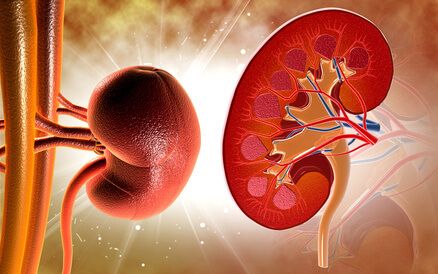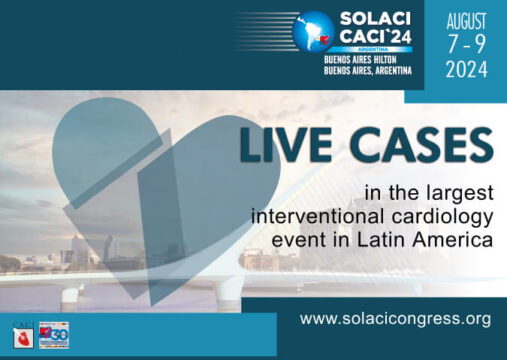Patients with severe symptomatic aortic stenosis treated with aortic valve replacement might still present cardiac failure, even after successful procedures.

According to some reports, the incidence of cardiac failure after TAVR varies between 9% and 24%. The prognostic relevance of rehospitalization in these patients has not been studied yet; in fact, it remains unclear whether these transient events are important markers when looking to identify patients at higher risk of worse long-term evolution.
The aim of this substudy of the PARTNER I, II and III trials was to assess the risk of rehospitalization after aortic valve replacement and its link to mortality and health status, assessed with a questionnaire.
Primary analysis was hospitalization for cardiac failure at one year after procedure and its link to mortality, poor prognosis at followup and health status. Secondary analysis was prognostic link of hospitalization due to the combination of cardiac failure, valve related or procedure related complications.
It included 3403 patients, 1395 received surgical valve replacement (SAVR) and 2008 transcatheter valve replacement (TAVR). Most patients were categorized as intermediate risk (49.1%) followed by low risk (27.8%). At 1 year, 86% of patients were alive, with no cardiac failure (CF), 5.4% were alive with CF and 8.5% had died.
Read also: Is it Possible to Reduce DAPT Time in Diabetic Patients?
The accumulated incidence of CF 1 year after procedure was 6.7%, and the accumulated incidence of rehospitalization after a composite of CF for valve related or procedure related cause was 9.7% at 1 year.
Hospitalization for CF within a year after procedure was an independent factor associated to increased mortality (HR: 3.97; 2.48-6.36, P<0.001), bad prognosis at followup (OR: 2.76; 1.73-4.40, P<0.001) and worse health status (P<0.001) regardless the type of treatment (SAVR or TAVR).
Conclusion
Based on data from the PARTNER studies, hospitalization for CF and rehospitalization for valve related or procedure related CF are associated to bad prognosis and worse health status, regardless the therapeutic strategy.
Rehospitalization should be considered and event in the analysis of clinical trials on different treatments to the aortic valve.

Dr. Andrés Rodríguez.
Member of the editorial board of SOLACI.org.
Original Title: Rehospitalization Events After Aortic Valve Replacement: Insights From the PARTNER Trial.
Reference: Chetan P. Huded et al Circ Cardiovasc Interv. 2022;15:e012195.
Subscribe to our weekly newsletter
Get the latest scientific articles on interventional cardiology





